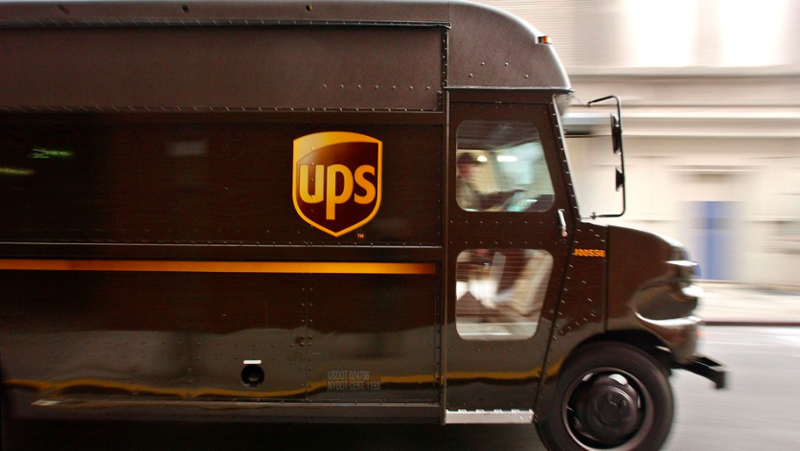Negotiations are heating up between global freight services company UPS and the International Brotherhood of Teamsters (IBT) labor union. The current contract, which is the largest labor agreement in the U.S., is set to expire on July 31. There are several sticking points that the two are disputing, including the use of technology.
A lot has changed in the logistics industry since the last agreement was signed five years ago, which will no doubt affect the outcome of this negotiation. Market dynamics like the extreme growth in e-commerce shipping, as well as the ongoing disruption of new delivery technology, are significant for both parties.
Equally significant for UPS customers and the company’s competitors is the work stoppage that occurred in 1997 when an agreement could not be reached. The entire industry is watching closely.
The Teamsters’ Demands
The Teamsters union has submitted an 83-page opening bid that centers on job preservation and security for its 260,000 UPS employees. Neither side has been vocal about the specifics, however, the Teamsters are reportedly asking for:
- Creation of 10,000 new full-time jobs
- No deliveries past 9 pm
- Increased job security
- Higher salaries based on UPS’s expected $10 billion profit
In a more controversial move, the labor union is also calling on UPS to not replace any of its drivers with autonomous vehicles, in an attempt to save their jobs. As the transportation industry looks to adopt more technology to help improve its operations everywhere, the implications of this demand could be huge for UPS. The Teamsters initially requested that UPS specifically commit to not using drones, robots, or self-driving vehicles. That request has since been tempered to this more moderate language.
UPS’s Demands
UPS is working from a position of strength. Total revenue for the carrier grew 11% in Q4 2017, and 8% for the year to $65.9 billion, according to the company’s latest financials. This makes it the largest and most-profitable carrier worldwide. The B2C market continues to grow with no signs of slowing down in the near term. While UPS has insisted it wants to be flexible during negotiations, the mega-carrier has hinted at what will come in this national contract through its negotiations with local and regional sectors. UPS has already asked for several concessions in these mini-contracts.
Despite the current state of affairs, UPS needs a contract that will keep it competitive and able to take advantage of new ways to improve service. There are many new companies looking to disrupt last-mile delivery and create alternatives to the services provided by UPS and FedEx. Add to that the broader industry challenges created by a shortage of truck drivers, and it would be surprising if UPS would agree to limit itself in any way regarding technology.
The two organizations are also debating the future of Surepost, UPS’s partnership with the USPS. The Teamsters would prefer this partnership be dissolved and the work given to its members, while UPS wants to expand the partnership to grow its delivery options for e-commerce. UPS also wants to implement Sunday delivery with the option to use part-time drivers who operate their own vehicles. Like technology, these are potential options that, if eliminated, would force UPS in a direction opposite to where the market is going.
The entire logistics industry will be closely watching the negotiation of this new national contract between UPS and the Teamsters. The core issues are serious because the competition and disruption in the small parcel delivery space have never been greater. Any limits placed on UPS’s ability to adapt to future changes in the market could be a big problem for the company – but a great opportunity for its competitors.
